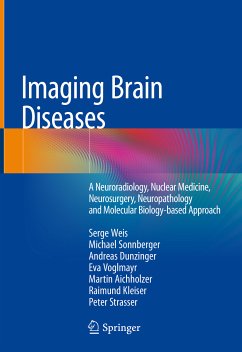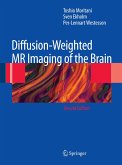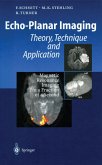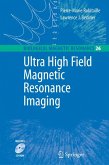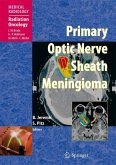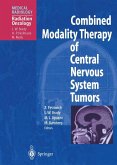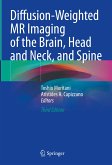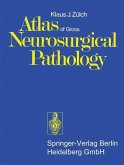This book illustrates in a unique way the most common diseases affecting the human nervous system using different imaging modalities derived from radiology, nuclear medicine, and neuropathology. The features of the diseases are visualized on computerized tomography (CT)-scans, magnetic resonance imaging (MRI)-scans, nuclear medicine scans, surgical intraoperative as well as gross-anatomy and histology preparations. For each disease entity, the structural changes are illustrated in a correlative comparative way based on the various imaging techniques. The brain diseases are presented in a systematic way allowing the reader to easily find the topics in which she or he is particularly interested. In Part 1 of the book, the imaging techniques are described in a practical, straightforward way. The morphological built-up of the normal human brain and its vascular supply are presented in Part 2. The chapters of the subsequent Parts 3 to 10 deal with the following diseases involving the nervous system including: hemodynamic, vascular, infectious, neurodegenerative, demyelination, epilepsy, trauma and intoxication, and tumors.
The authors incite the clinician to see the cell, the tissue, the organ, the disorder by enabling him to recognize brain lesions or interpreting histologic findings and to correlate this knowledge with molecular biologic concepts. Thus, this book bridges the gap between neuro-clinicians, neuro-imagers and neuro-pathologists. The information provided will facilitate the understanding of the disease processes in the daily routine work of neurologists, neuroradiologists, neurosurgeons, neuropathologists, and all allied clinical disciplines.
The authors incite the clinician to see the cell, the tissue, the organ, the disorder by enabling him to recognize brain lesions or interpreting histologic findings and to correlate this knowledge with molecular biologic concepts. Thus, this book bridges the gap between neuro-clinicians, neuro-imagers and neuro-pathologists. The information provided will facilitate the understanding of the disease processes in the daily routine work of neurologists, neuroradiologists, neurosurgeons, neuropathologists, and all allied clinical disciplines.
Dieser Download kann aus rechtlichen Gründen nur mit Rechnungsadresse in A, B, BG, CY, CZ, D, DK, EW, E, FIN, F, GR, HR, H, IRL, I, LT, L, LR, M, NL, PL, P, R, S, SLO, SK ausgeliefert werden.

